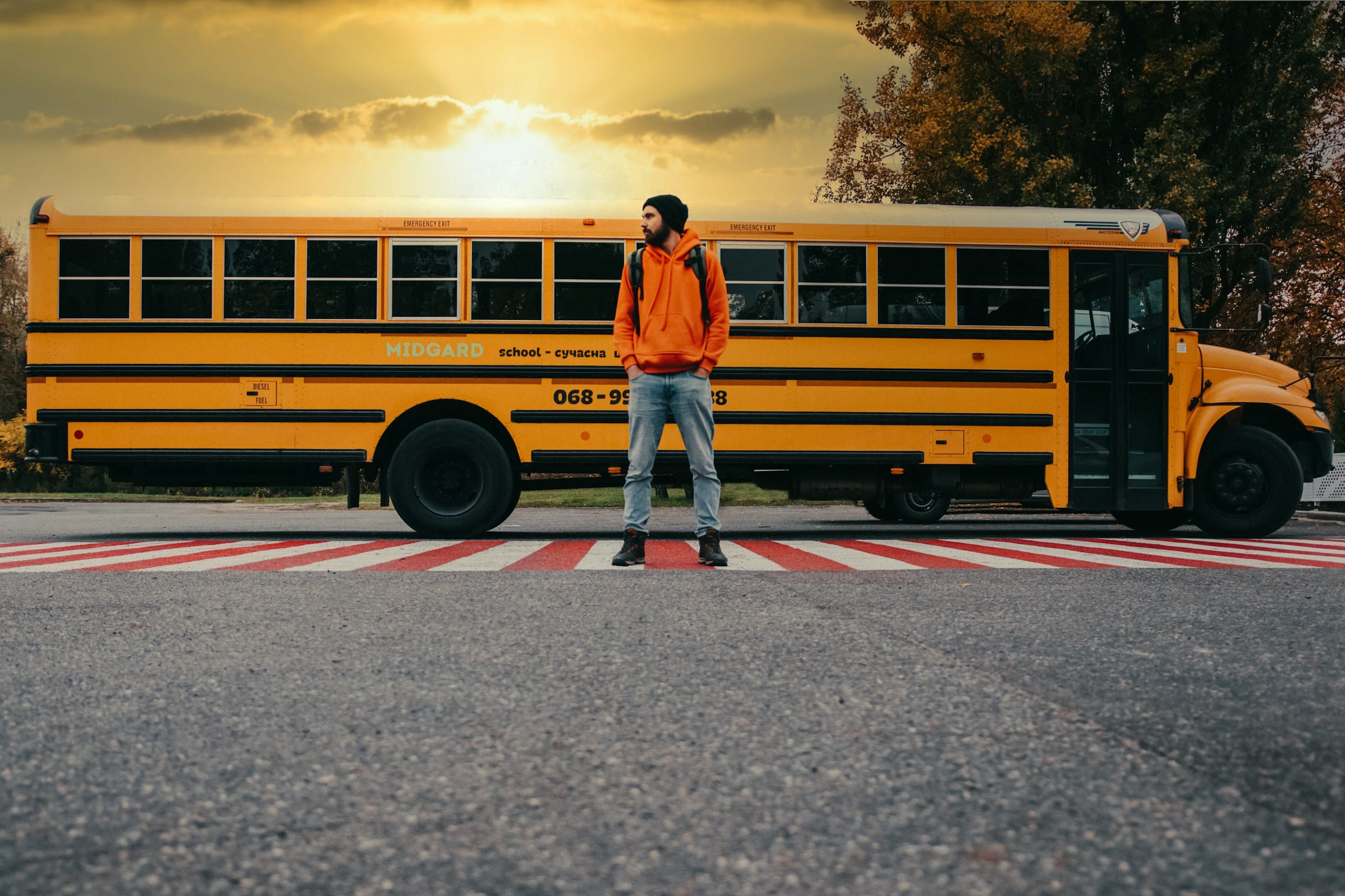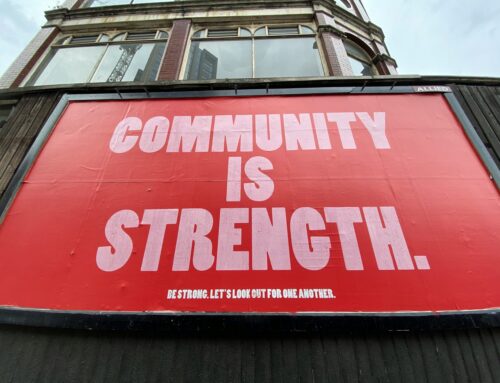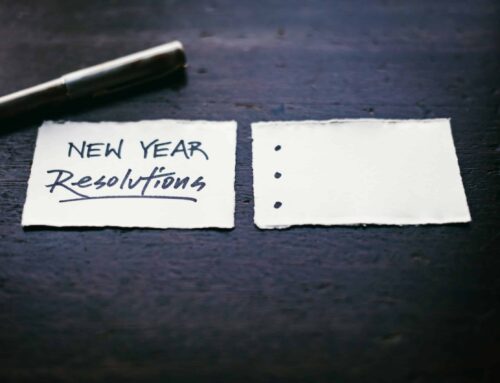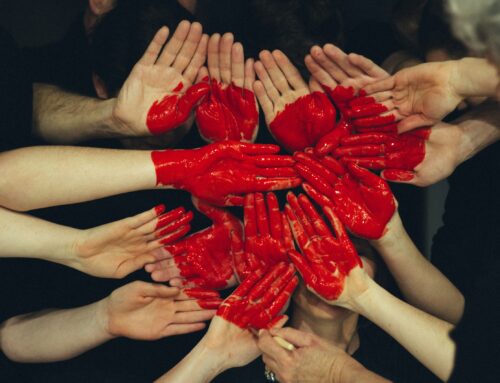I was sitting in the middle school library at my son’s school earlier this week for a very informative meeting, and I became completely distracted by something I saw posted on the wall. It was clearly applicable to the lives of the students, but as a coach, I was really tickled to see how applicable it is for us adults, as well. I thought that it would be a helpful thing to pass along to all of you wonderful people, because clearly, we as adults can still keep on learning from the schools, just as our kids do. Let’s go back to school, just for a second!
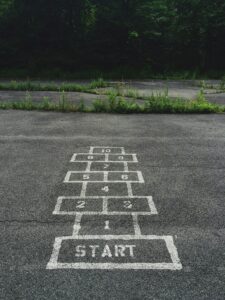 The poster on the wall was a list of “Restorative Community Questions.” I read them and re-read them, thinking “wow, if all adults automatically did this, what an improved world this would be!” Let’s take a look at how this school asks their kids to deal with the aftermath of conflict…
The poster on the wall was a list of “Restorative Community Questions.” I read them and re-read them, thinking “wow, if all adults automatically did this, what an improved world this would be!” Let’s take a look at how this school asks their kids to deal with the aftermath of conflict…
The first part of the poster contained questions for the person who has created hurt for another person. Which we have ALL done at some point.
Question 1) What happened?
Simple, but important! When there has been a conflict, everyone needs a chance to unload their side of the story. Talk until it’s all out! This idea is reinforced as “rewind and remember” in Dan Siegel’s book, The Whole Brained Child (summarized here). True for kids and adults!
Question 2) What were you thinking at the time?
What a great way to tap into intention (or lack thereof) to get better in touch with the “why” behind our actions. Very legitimizing, but it also might bring us to the reality about how sometimes we act without a “why.” We might have just acted without thinking, or from a reactionary place of hurt, anger, or grief. Did we have thought or intention behind our actions? This is important to keep in mind for future interactions.
Question 3) What have you thought about since?
Yes! Track your thoughts, and compare the intention vs the outcome. Did things turn out the way you thought they would? What a learning opportunity!
Question 4) Who has been affected by what you’ve done? In what ways?
Our words and actions have power. They create ripples in the world, and we have responsibility for what we put out there. If we don’t consider this, it’s a lot harder to behave in a way that doesn’t create regret or pain in the future.
Question 5) What do you think you need to do to make things right?
The all important “circling back!” None of us are beyond making mistakes in this human realm, but we almost always have the opportunity to circle back and readdress the consequences of our actions. Repair work is our trapdoor to maintaining trust and connections, and it takes bravery, humility, and real heart.
The second half of the poster was intended for the person who has been hurt by another’s actions. These questions are equally important to sit with.
Question 1) What did you think about when you realized what had happened?
When we’ve been hurt or violated in some way, processing the shock of pain is important for the same reasons that I mentioned in the previous question one. Rewind and Remember is critical for processing pain (and if the pain is actually trauma, this might need to be done with a trained mental health professional for the safest results). This question also highlights that we might not completely cotton on to what’s happening to us at the moment. Sometimes, it’s not until we experience the aftermath that we understand our reactions. This might be something we need to hold gently so as not to be angry at ourselves for our confusion in the moment,
Question 2) What impact has this incident had on you and others?
This could be a valuable exploration to make sure that no one feels alone in their hurt. There is almost always someone else who has been affected by your pain.
Question 3) What has been the hardest thing for you?
This can get right to the heart of it, and offers a safe, compassionate holding space for someone’s pain. It’s so critical to be seen and held in this safe space. This also indicates where we are in our recovery. Where do we currently stand in the journey of healing? What does that suggest about what we need our next step to be?
Question 4) What do you think needs to happen to make things right?
Here we are at the “circling back.” Or not! If the hurt person needs space, that is totally legitimate. If they need repair work, here is the place to think about that. This question can also reveal a lot about where the hurt person is in their processing. If they are furious, that’s legit, and maybe it reveals that they’re not yet ready for repair work. This is a one-step-at-a-time process, afterall, and we can’t jump ahead to utopian forgiveness if it’s not authentic.
Whether you’re in middle school, college, full-blown adulthood, or a retirement home, these questions are helpful for any uncomfortable situation. Isn’t it nice to know that we’re all in the same boat? I believe that as humans, we do really want to avoid regretful behaviors. We do want to have good interactions with others overall. We might hide from these truths sometimes, but it’s all in there, buried deep, just like it was for us in middle school. Let’s keep on learning from the schools!
And, of course, sometimes we need extra help with this process. Sometimes it’s hard to ask ourselves these questions in a clear-headed way, and it’s easy to get stuck in our hurt, regret, or pain. You don’t have to do any of this alone, and there’s always a safe space to turn to. If you’d like to see if coaching provides that safe space for you, feel free to book a complimentary consultation with me. Let me know what’s going on, ask any questions you may have, and step into a non-judgemental space of moving forward, out of the stuckness. Or if you’d rather send an email with thoughts or questions, send it off to [email protected]. I’m here to help however I can!
And, as always, if you know anyone in the trans/LGBTQIA+ community, or parents of kids in that community who need support in their journey, check me out at coachbekooy.com. There are so many ways to move forward out of the stuckness!
Best wishes to all! -Stephanie

